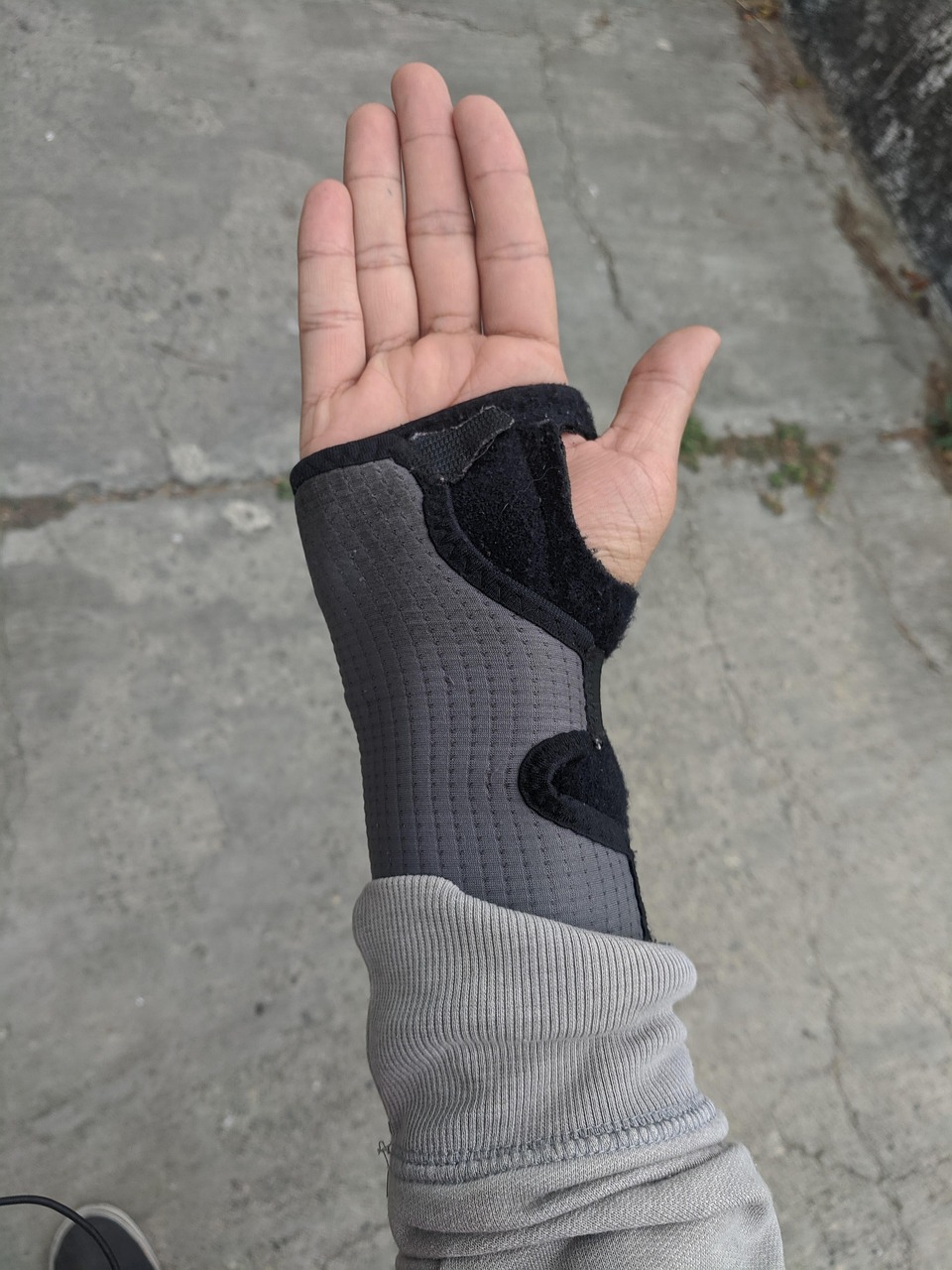




How To Claim For Work-Related Osteoarthritis
Was Your Condition Preventable?
Osteoarthritis is generally linked to getting older, but your daily work may have contributed to your condition, so you should know how to claim for work-related osteoarthritis. Osteoarthritis can be classified as an industrial disease if it is linked to your occupation.
Furthermore, if your employer has failed to provide adequate health and safety protection, you may be able to file a personal injury claim for arthritis. Additionally, it’s important to note that the time limit to claim is within three years from the date of diagnosis or the point you became aware it was work-related.
If you suspect you have osteoarthritis as a result of employer negligence, you may want to contact Jefferies Claims. We work with personal injury lawyers who operate on a ‘No Win, No Fee’ basis and who can assess whether your case is valid.
What is Occupational Osteoarthritis?
Occupational osteoarthritis refers to wear-and-tear damage in the joints caused or worsened by the physical demands of a person’s job. Generally, it affects the knees, hips, spine, hands, and shoulders. Cartilage is gradually damaged by repetitive movements. This may be heavy lifting, prolonged kneeling, or vibration exposure which can lead to stiffness, pain, and reduced mobility.
Type of Jobs Linked to Osteoarthritis
Certain occupations and sectors are more likely to contribute to osteoarthritis due to repetitive strain or poor ergonomic conditions. Here are some roles which can be at higher risk:
Construction and Building Trades
- Bricklayers, scaffolders, roofers, and general labourers often experience joint strain from heavy lifting and kneeling.
- Prolonged use of tools and machinery can be linked to to hand and wrist osteoarthritis.
Manufacturing and Factory Work
- Repetitive motions in assembly lines or handling vibrating tools increases risk.
- Standing for many hours or working in awkward positions puts pressure on hips and knees.
Healthcare Sector
- Nurses and carers are required to lift or reposition patients which can cause joint stress, especially in the back and knees.
- Occupational therapists and physiotherapists may also be at risk from repetitive strain.
Agriculture and Farming
- Long hours working with heavy machinery, as well as bending and lifting may also contribute to chronic joint stress.
- Manual labour on uneven terrain adds to the risk.
Cleaning and Janitorial Work
- Repeated scrubbing, pushing equipment, and standing for long periods can affect hand and knee joints.
Transport and Delivery
- Long-distance lorry drivers and delivery workers may suffer hip and spinal degeneration due to poor seating and limited mobility during shifts.
Mining and Quarrying
- Heavy physical labour in confined spaces and vibration exposure from equipment is a major risk factor for osteoarthritis.
If you work or have worked in any of these sectors and have been diagnosed with osteoarthritis, it’s essential to consider whether your condition was preventable if better workplace practices had been in place.
How To Claim for Work-Related Osteoarthritis
To claim compensation for osteoarthritis, you have to be able to prove that:
- Your duties at work significantly contributed to your condition.
- Your employer failed in their duty of care. For example, they didn’t provide proper training, ergonomic tools, or adequate breaks.
- The condition was diagnosed within 3 years from the date of diagnosis or the point you became aware it was work-related.
Even if you’ve left the job or retired, you can still file a claim if it’s within this timeframe.
How to Start Your Personal Injury Claim
Here’s a step-by-step guide to help you navigate the claim process:
- Get a Medical Diagnosis
Visit your GP or a specialist to confirm that you have osteoarthritis. Make sure they record a detailed history of your work duties and physical symptoms. The medical evidence is key to your claim.
- Consult an Expert Personal Injury Solicitor
Choose a solicitor or law firm specialising in industrial disease claims. Your solicitor will assess the strength of your case and help you gather the necessary evidence.
- Gather Evidence
You will need to obtain various types of evidence, including:
- Medical records showing diagnosis and treatment.
- Employment records proving your job role and duties.
- Witness statements from colleagues confirming your working conditions.
- Health and safety reports or risk assessments from your workplace.
- Photographs or video footage of the working environment (if available).
- Expert testimony from an occupational health specialist.
Health and Safety
You must be able to show that your employer failed to:
- Carry out regular risk assessments.
- Provide personal protective equipment (PPE).
- Rotate job tasks to reduce strain.
- Offer ergonomic tools or support.
- Train you on correct posture or lifting techniques.
If your employer neglected any of these responsibilities, you may be eligible to file a claim.
Calculate Compensation
As each case is unique, your lawyer will be able to advise you on potential compensation with regard to your case. Compensation typically depends on several factors:
- Pain and suffering
- Loss of earnings
- Medical costs
- Care costs
- Travel expenses:
Most personal injury cases are settled out of court and your lawyer will negotiate the best settlement for you.
Most claims are handled on a No Win No Fee basis. This means you won’t pay any legal fees unless your claim is successful.
Contact Our Team
If you suspect you or a loved one has work-related osteoarthritis, we can guide you through the process. We partner with lawyers who work on a ‘No Win, No Fee’ basis.
To discuss your potential claim in confidence, contact our team at Jefferies Claims on 0333 358 3034. Alternatively, complete our online contact form to arrange an initial, no-obligation consultation with one of our friendly team.
